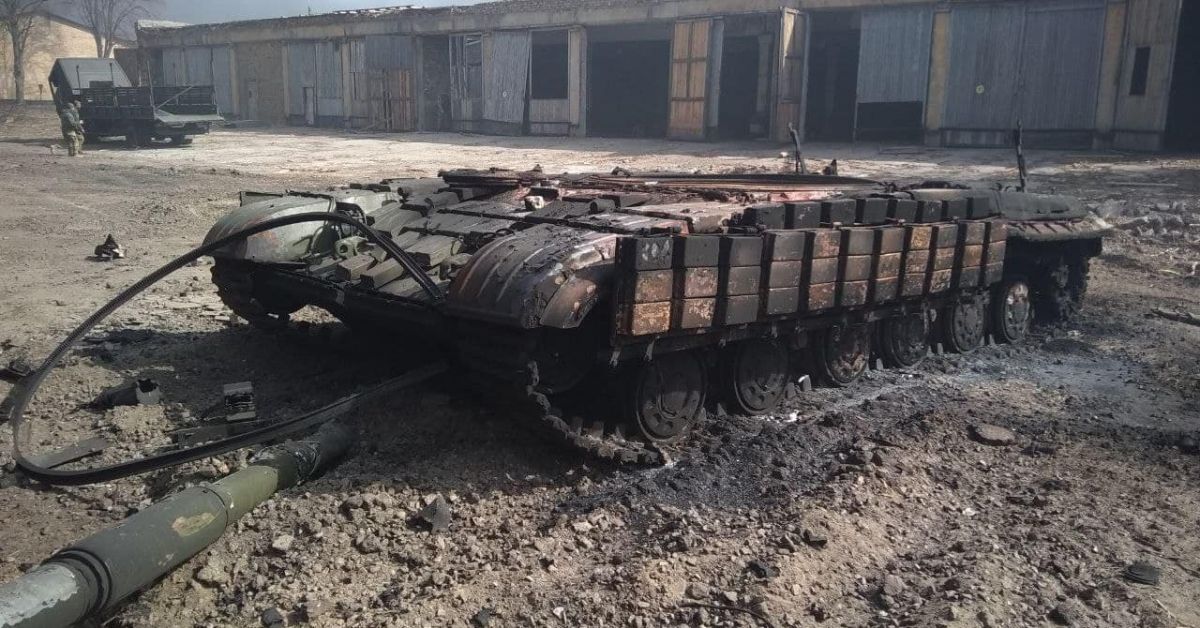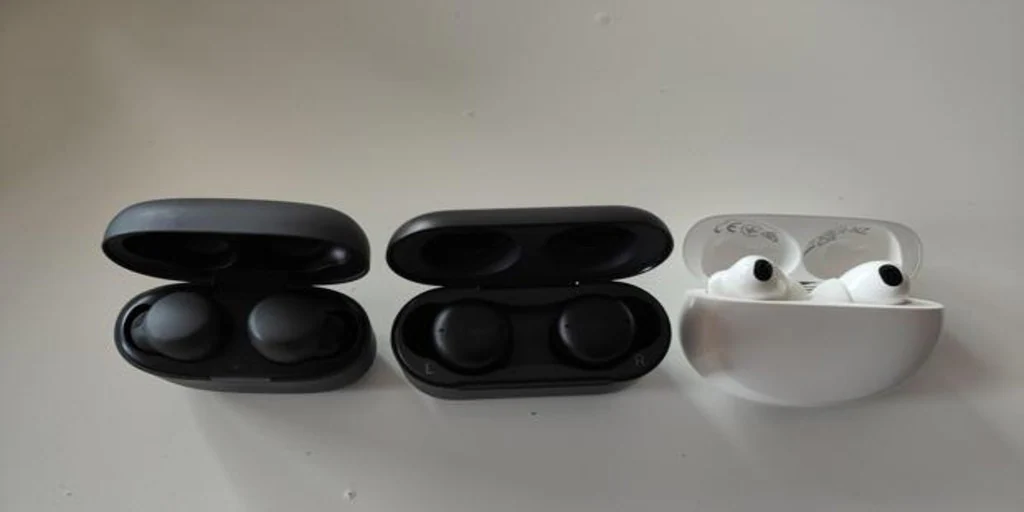The honeymoon with the West, enjoyed by Ukraine’s leaders, will not continue
Even ending the conflict will not stop the world from sliding into greater economic pain
We have probably reached the highest point of the great alliance to defeat Russia in Ukraine. In the coming months, relations between the Ukrainian leadership and its external supporters will strain, and the culprit will be the economic pain exacerbated by the war.
As our children and grandchildren study this conflict, they will be amazed at the speed and audacity with which Western powers – Europe and the United States above all – have mobilized to arm the Ukrainian people in the face of Russian pressure. In stark contrast to the Winter War of 1939-1940, when Russia invaded Finland and various Western powers were limited and hesitant before providing their only symbolic aid to the Finns, the Europeans now refused to provide lethal aid to the Ukrainians.
And it’s really deadly, and which surprises me after I had the misfortune to help (Andrew Exam is a former U.S. Army officer) end the conflict between Allied and Russian operations in Syria from 2015 to 2017. , when we made extraordinary efforts to avoid the killing of Russians, for fear of starting World War III.
Today, meanwhile, we are sending Ukrainians some of our most advanced anti-tank and anti-aircraft weapons systems with the explicit aim of killing as many Russians as possible. Not only the United States, but the United Kingdom, the Netherlands and Sweden – Sweden! – quickly provided anti-tank weapons. Meanwhile, Sweden and Finland appear likely to join NATO (even after Turkey’s arms and Kurdish requirements are met).
The remarkable Western response confirms the extent of Russian President Vladimir Putin’s miscalculations, but it also contrasts sharply with the way the West dealt with previous Russian military offensives in Georgia in 2008 and in Ukraine in 2014. In each case, from these conflicts, European countries hesitated before imposing any sanctions on Russia. This reluctance to take any action almost certainly informed Russian analysts of their accounts before this latest offensive.
However, the war dragged on for months and showed no signs of ending soon. As British strategist Lawrence Friedman noted, you can find the outlines of what Russia can be satisfied with in Putin’s May 9 speech in honor of the Allies’ victory in World War II: the defense of Crimea; nothing that could be characterized as Ukrainian aggression in the Donbass region; and the guarantee that Ukraine will not have nuclear weapons on its land.
But it is unlikely that Ukraine will eventually settle for any territorial concessions. Ukrainians must also feel, despite their recent losses, that they can still win this war.
Thus, Ukraine continues to pressure its Western allies for even more support. What he wants now, however, is the support he will need not only to withstand Russian progress, but also to regain territory and duel with powerful Russian artillery. The Biden administration is more reluctant to provide this assistance, and it is difficult to see that other countries are also far ahead of the Americans.
One major reason for this reluctance is that the economic costs of the war are beginning to seriously worry American and other Western politicians. Inflation in the euro area reached 8.1% for the year, while in the United States inflation peaked in four decades. Leading economists are worried about the recession next year, while the business leaders I’m talking to are worried it may arrive sooner.
Putin’s war against Ukraine did not cause all this pain in the global economy, but it certainly did not help and played a huge role in this pain that we will experience in the global food supply.
All this pain makes this a really awful time to be a democratically elected incumbent president almost anywhere in the world, and it’s a very good time to be a populist. The recent elections in Colombia, France, Australia and Germany illustrated the obstacles faced by both the current and major parties.
The double pressures on a sick economy and growing populism will be on the minds of Western decision-makers as they fight a war that will continue to affect the world’s leading economies.
For this reason, talks between Ukraine and its supporters abroad are likely to become more difficult rather than easier as the year progresses. Ukraine will be under more pressure, and not just from Henry Kissinger, to cede part of its territory and allow Russia to maintain its image.
However, even a hasty end to the conflict seems unlikely to stop the world from sliding into greater economic pain. Putin’s war, of course, has nothing to do with China’s policy of zero tolerance for Covid-19 or the effectiveness of West Coast ports. Yet war, like all wars, captures the imagination of onlookers in a way that port operations never seem to do. The murmurs in Western capitals about the duration of this conflict will continue, and the honeymoon that Ukraine’s leaders have enjoyed with the West will soon be over.
Russia will notice and rejoice at the growing rifts between Ukraine and its supporters. But Putin should not take too much comfort in what he sees. The sanctions his country faces are unique and are unlikely to go away quickly, whether the United States sends long-range missiles or just short-range missiles to Ukraine. Russia is able to bear the enormous pain on the battlefield, but despite insignificant territorial gains, its strategic position will not improve.
Ukraine, for its part, may decide that, despite a troubled ceasefire until early autumn, a final solution may not be acceptable, but it will still allow it to strengthen its defenses to the east, where Russian armor and artillery are favorable, and re-equip their own exhausted combat units. This truce would also give brutal sanctions against Russia more time to weigh on the minds of Russian leaders. And the truce, albeit temporary, will no doubt be quietly welcomed in Western capitals.
(Translation for “Trud” – Pavel Pavlov)
–


